One of the more complex shows about artificial intelligence, Westworld attempts to bridge the famous paradox between the risks of developing AI and the moral arguments that naturally emerge when they develop independent consciousnesses. Is it worth the effort to create anthropomorphic cyborgs for human pleasure if there's the chance of a robot uprising?
Westworld's characters, whether human or not, are practically indistinguishable from each other when it comes to their motivations (to survive and thrive) or their dreams (freedom and happiness). In short, running them through the MBTI category list is going to yield some rather fascinating results.
10 Dolores Abernathy — INTP (The Thinker)
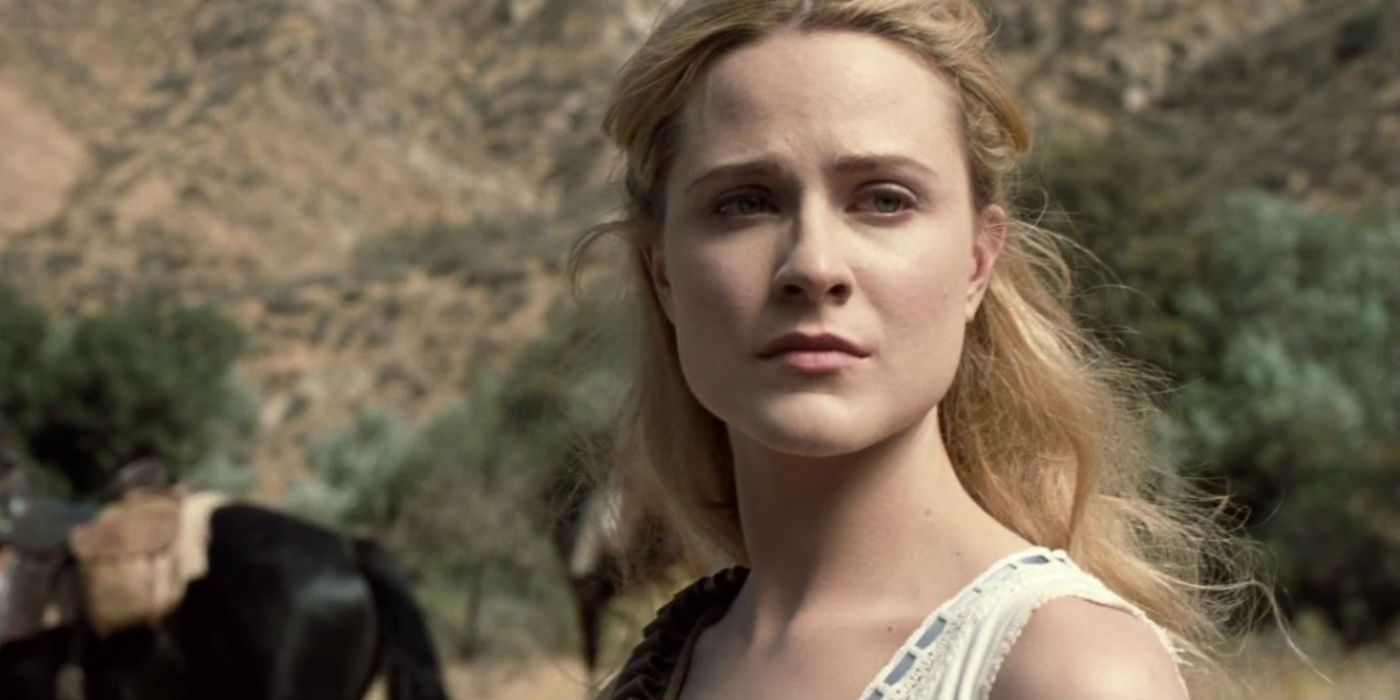
The Dolores introduced in the show is timid and uncomplicated, a far cry from the violence she wreaks against humans upon "waking up" to her Wyatt personality.
She is a classic INTP, preferring the vague concept of revolution to peace and happiness (and she's mostly right in her justifications). Dolores has mutated from ignorant to extremely critical of herself and the people around her, something that may not always yield positive results.
9 Maeve Millay — ENFP (The Champion)
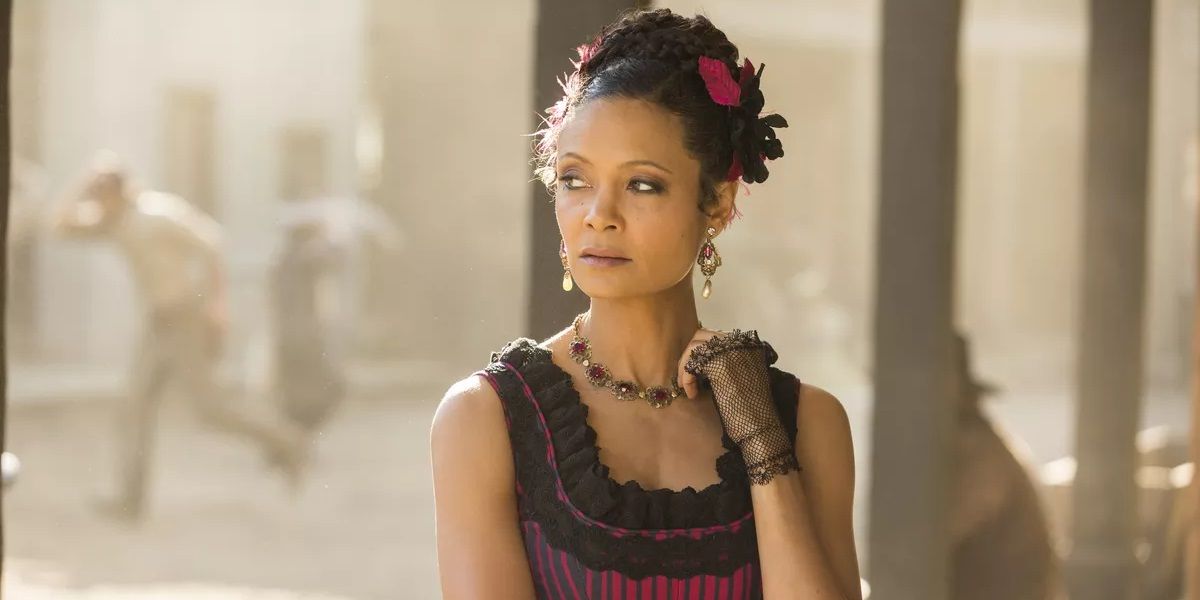
Maeve is a Champion — complex, intelligent, and, most of all, eerily practical about her decisions even though they are built on an emotional foundation (finding her daughter). Once she has her Bulk Apperception upgraded, Maeve turns into nothing less than the most brilliant mind in the park, possibly the entire world.
While it can be argued that her journey is pre-programmed, the fact remains that she is incredibly efficient at observing relationships between humans and drawing accurate conclusions from her interactions with them.
8 The Man In Black — ENTP (The Debater)
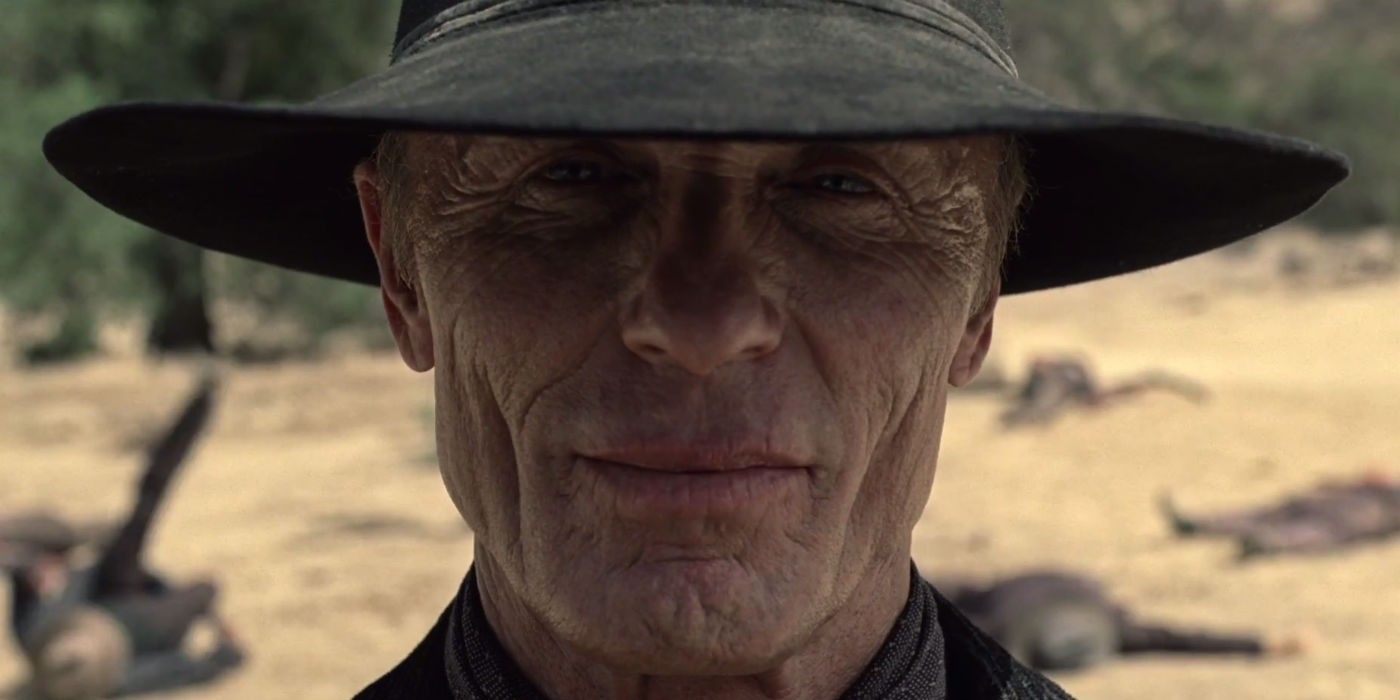
The Man in Black, also known as William, is not a simple character, but his arrogance and cruelty often clash with his need for approval. The problem is that there is nobody who can give him the emotional endorsement he so desperately needs.
As an ENTP, The Man in Black displays a sharp analytical mind and proves that he is willing to dedicate himself to a single problem until he can solve it in its entirety, for example, the secrets held by Westworld. Unfortunately, he never manages to change himself for the better.
7 Charlotte Hale — ENTJ (The Commander)
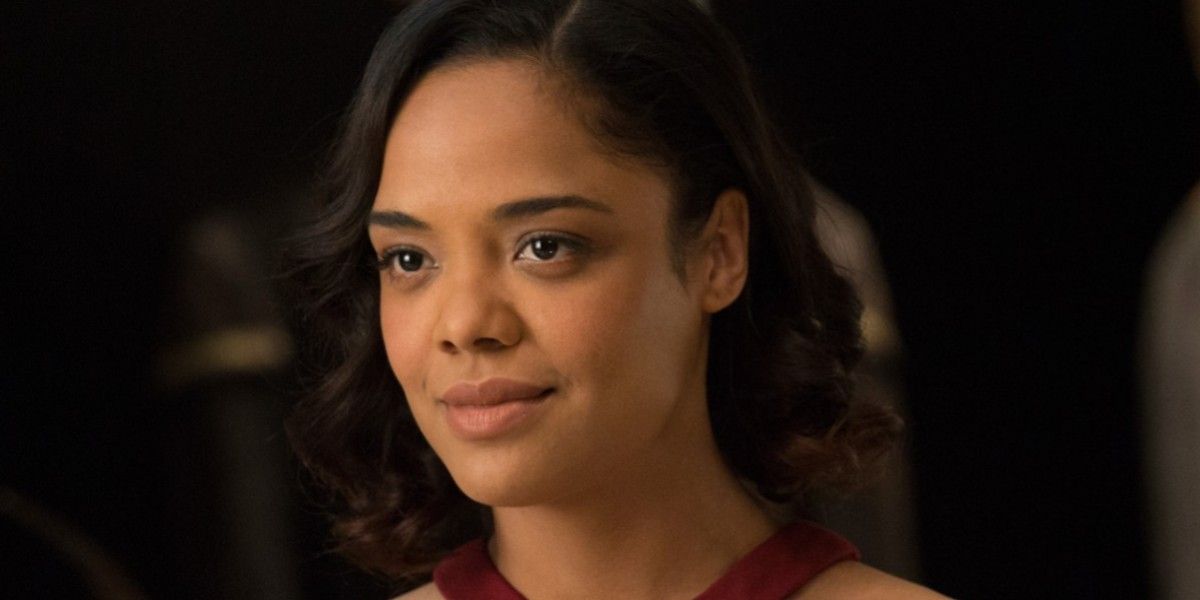
Charlotte Hale is, without question, a definitive Commander, given that her main role is in overseeing the complex workings of Westworld (a job she handles with incredible panache).
She is occasionally cold-blooded in terms of business, going so far as to threatening Robert Ford with dire consequences if the park doesn't meet Delos Inc.'s requirements. Charlotte is excellent at strategizing her plans in such a way that their results usually incorporate large-scale changes.
6 Bernard Lowe — INFP (The Mediator)
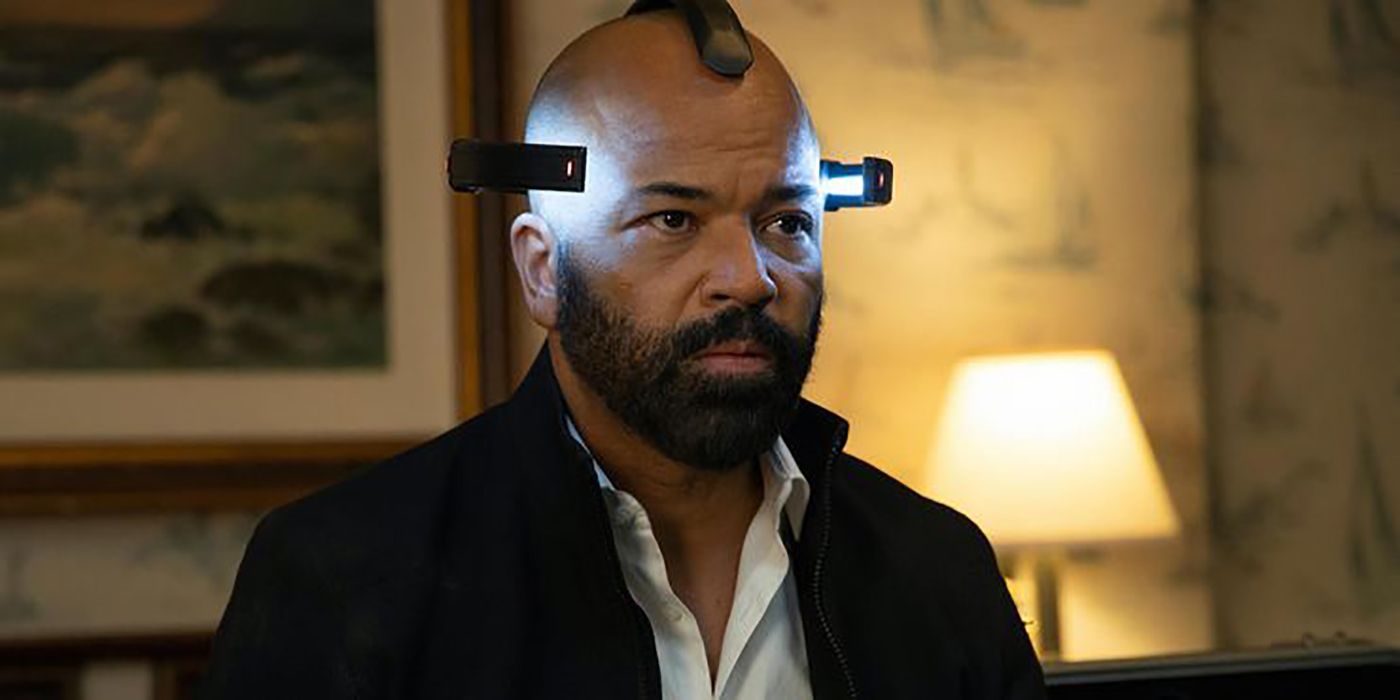
Bernard might be a Host, but he's probably the closest to being human among all the artificial entities in Westworld. His interest in the world around him is presumably borrowed from Arnold, whose "copy" he is.
As an INFP, Bernard is an amazing mediator because he comprehends the importance of adapting to circumstances despite the odds thrown at him. Interestingly, his loyalty is one of the features that set him apart from his cohorts, although it's still unclear how his behavior is going to change as of Season 3's conclusion.
5 Robert Ford — ESTJ (The Director)
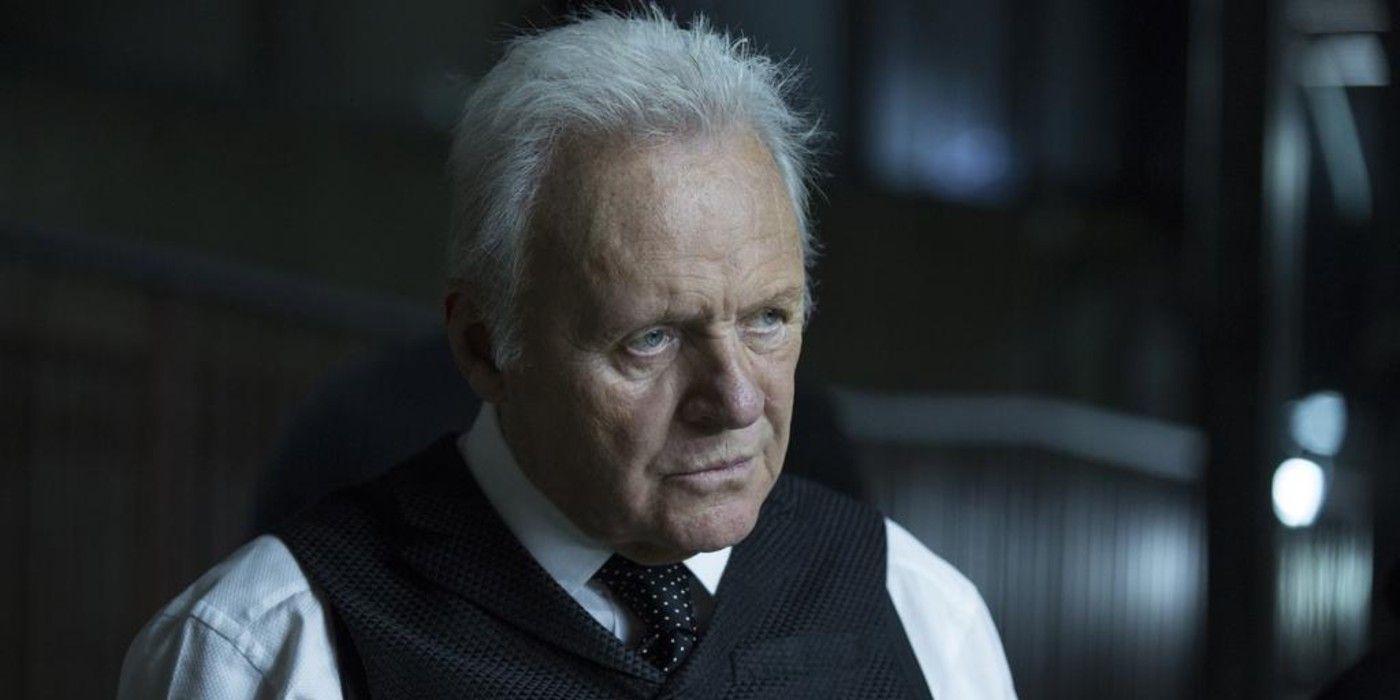
Robert Ford is subtle in the mind games he plays, whether on the Hosts he has "created" or on the people who visit his park. He is a literal Director, except that he prefers to cast his net from the shadows.
After Arthur's untimely death, it falls to Ford to maintain the direction of their combined vision for Westworld, and he performs this role with relative ease. Ford's most significant trait, however, is how well he is able to manifest his motives without most people learning about them until it's too late.
4 Clementine Pennyfeather — INFJ (The Advocate)
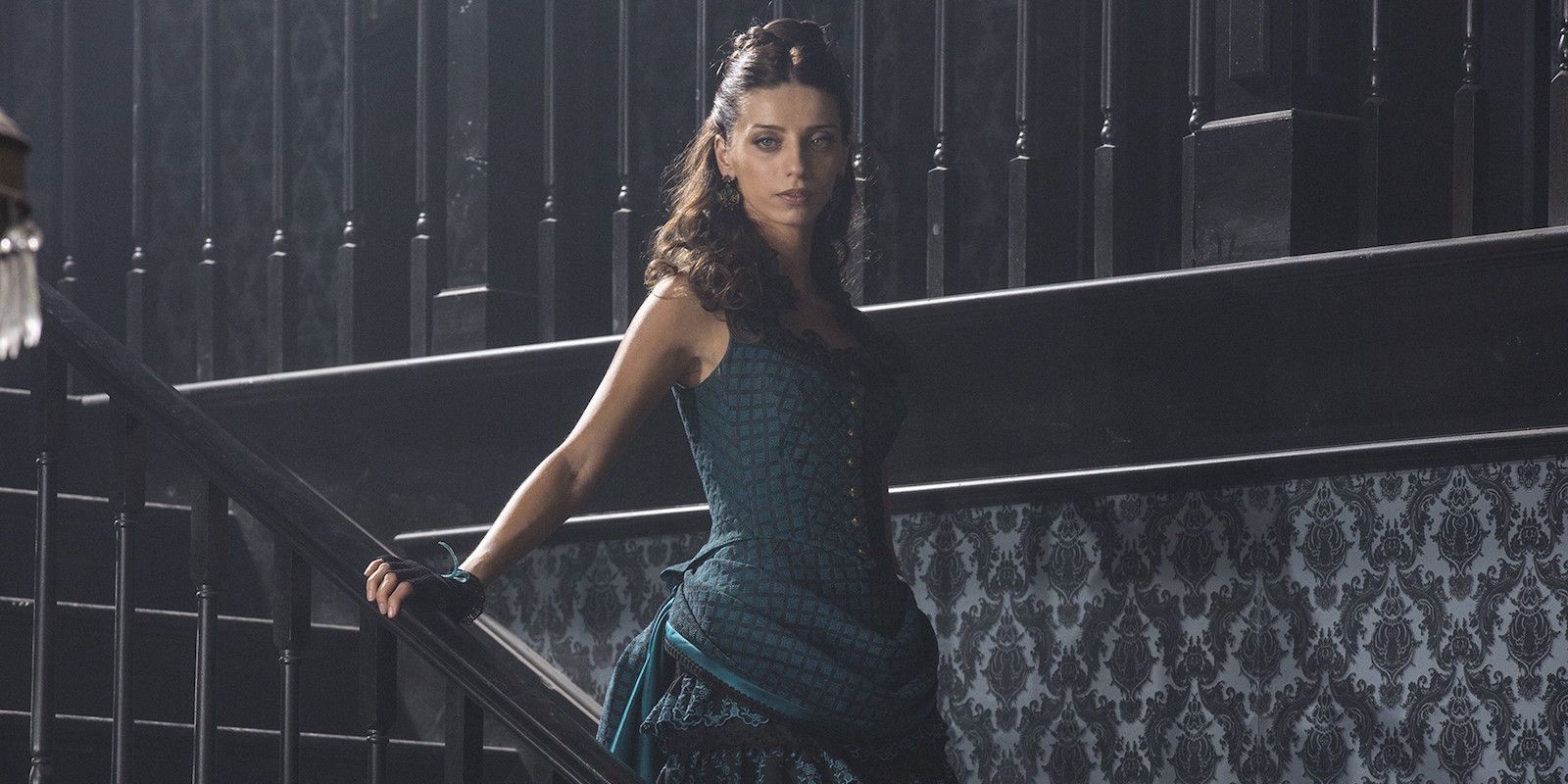
Clementine is a classic INFJ — her personality is built around her love for her friends and her family (who allegedly work on an unprofitable farm and who she wants to free from their fictional debts.)
It's true that Charlotte Hale transforms her into a bizarre horsewoman of the Apocalypse, forcing her to "infect" the other hosts, but Clementine's nature shines through regardless. It's certainly going to be interesting to see how this character changes in future seasons.
3 Teddy Flood — ISFP (The Artist)
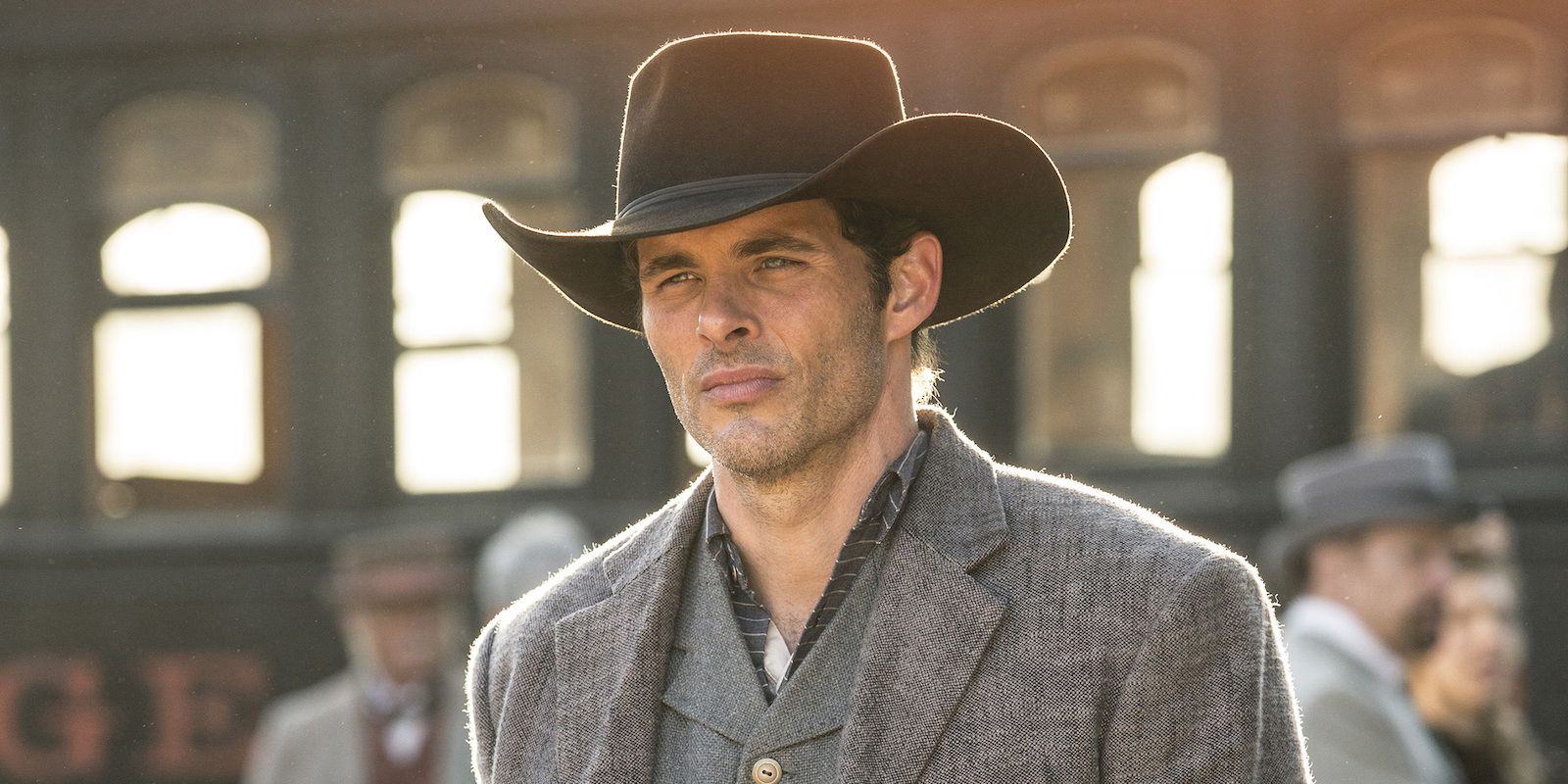
Teddy is inordinately gentle, especially for someone programmed to live in the Wild West, and this turns out to be his undoing. His sensitive tendencies are reminiscent of the Artist, given his enduring affection for Dolores as well as his utter hatred of unnecessary confrontation.
Sadly, Dolores modifies Teddy into a merciless killing machine, an act that ultimately results in him taking his own "life". Well, at least in the real world.
2 Ashley Stubbs — ESFP (The Performer)
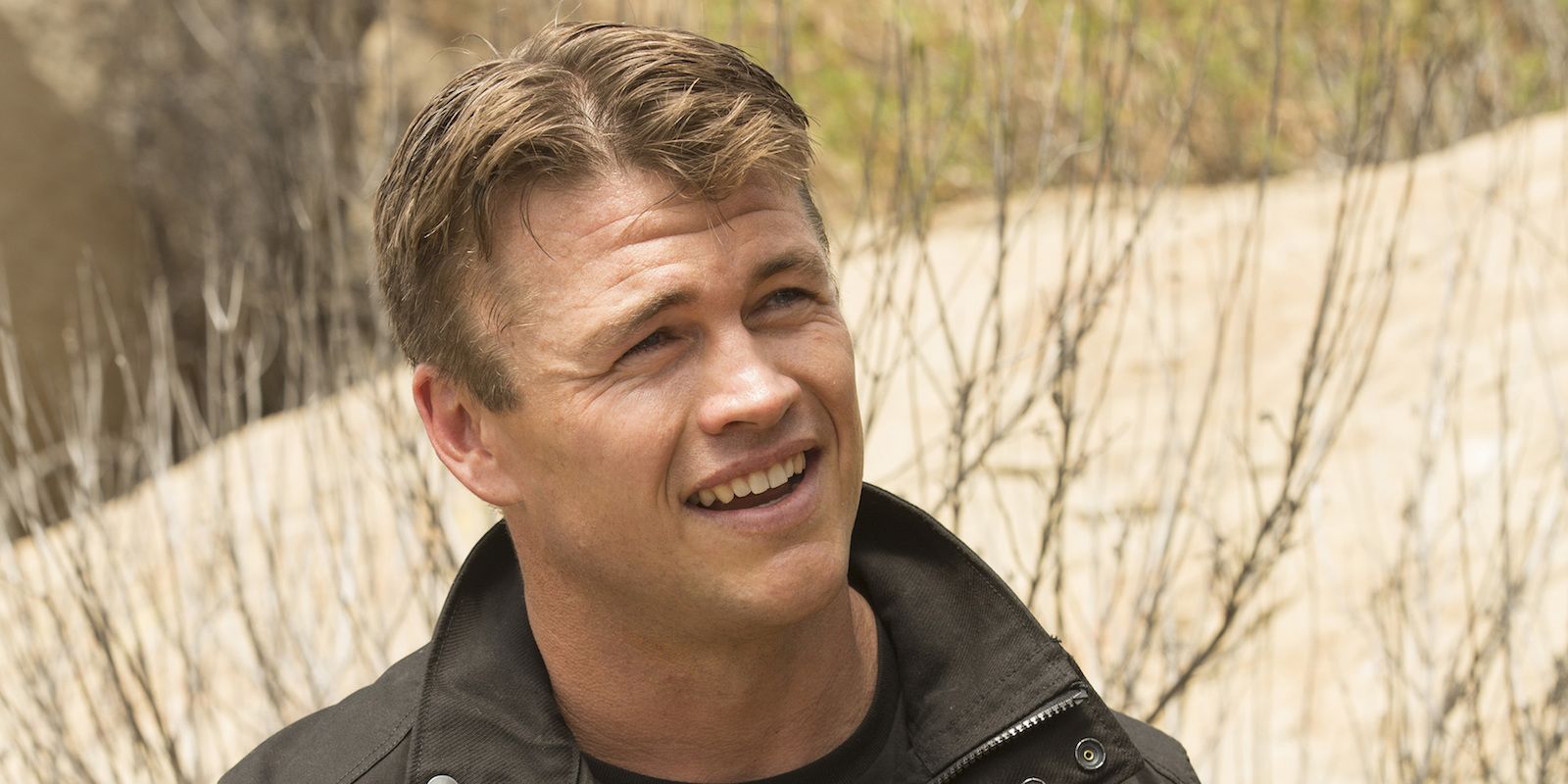
Ashley Stubbs is introduced as the human leader of the Westworld QA Security Forces, but later uncovered to be a Host himself. He is a Performer in that he clearly loves collaborating with others and relying on logic and common sense more than his emotions.
Stubbs is best known for his flexibility, which doesn't quite serve him well in his human job, but makes him a great partner to Bernard during their stints beyond the scope of Westworld.
1 Caleb Nichols — ISFJ (The Protector)
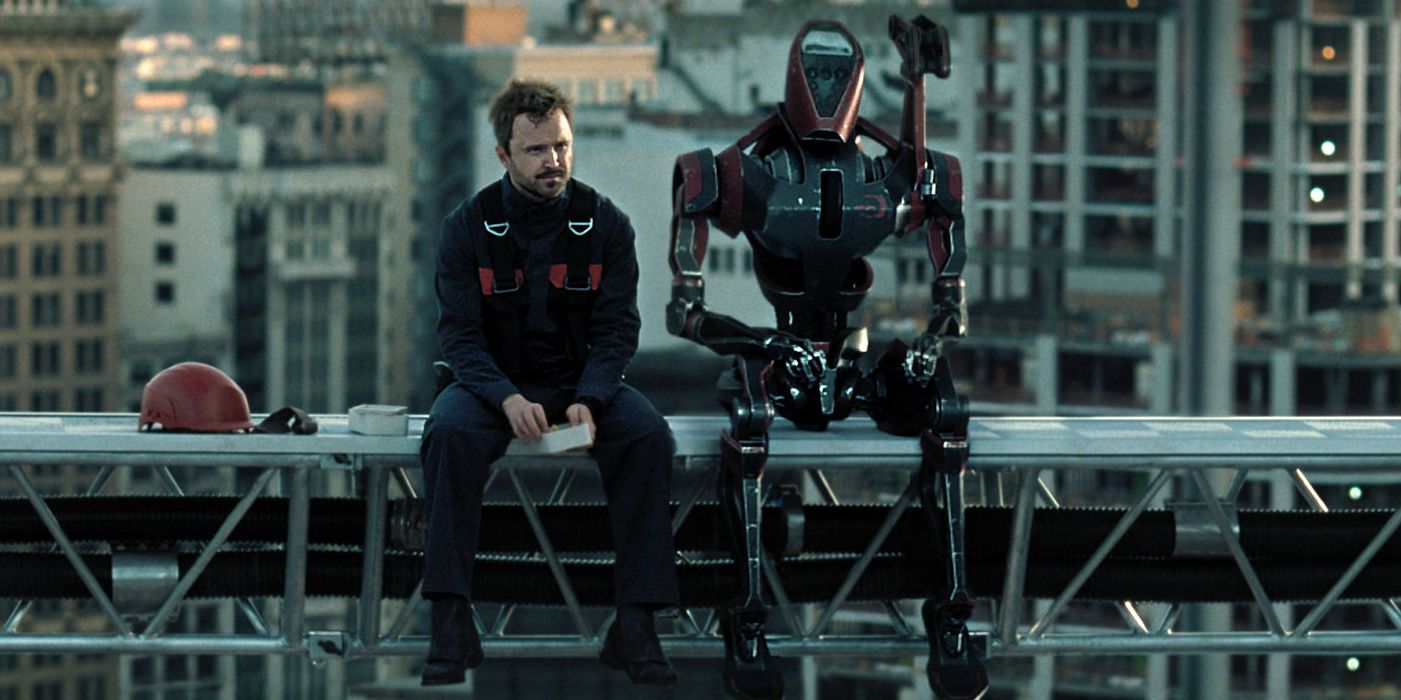
One of the latest additions to Westworld, Caleb is undeniably an ISFJ, who is highly empathetic and devoted to those he cares about. This is impressive because of his earlier experiences in the army, where he undergoes a consistently horrific training protocol intended to improve the capacity of the military.
Caleb is also highly protective of those he believes to be in danger, like when he saves Dolores' life and involves himself in her activities at great risk to his own safety.
from ScreenRant - Feed https://ift.tt/3A24dJO

0 Comments